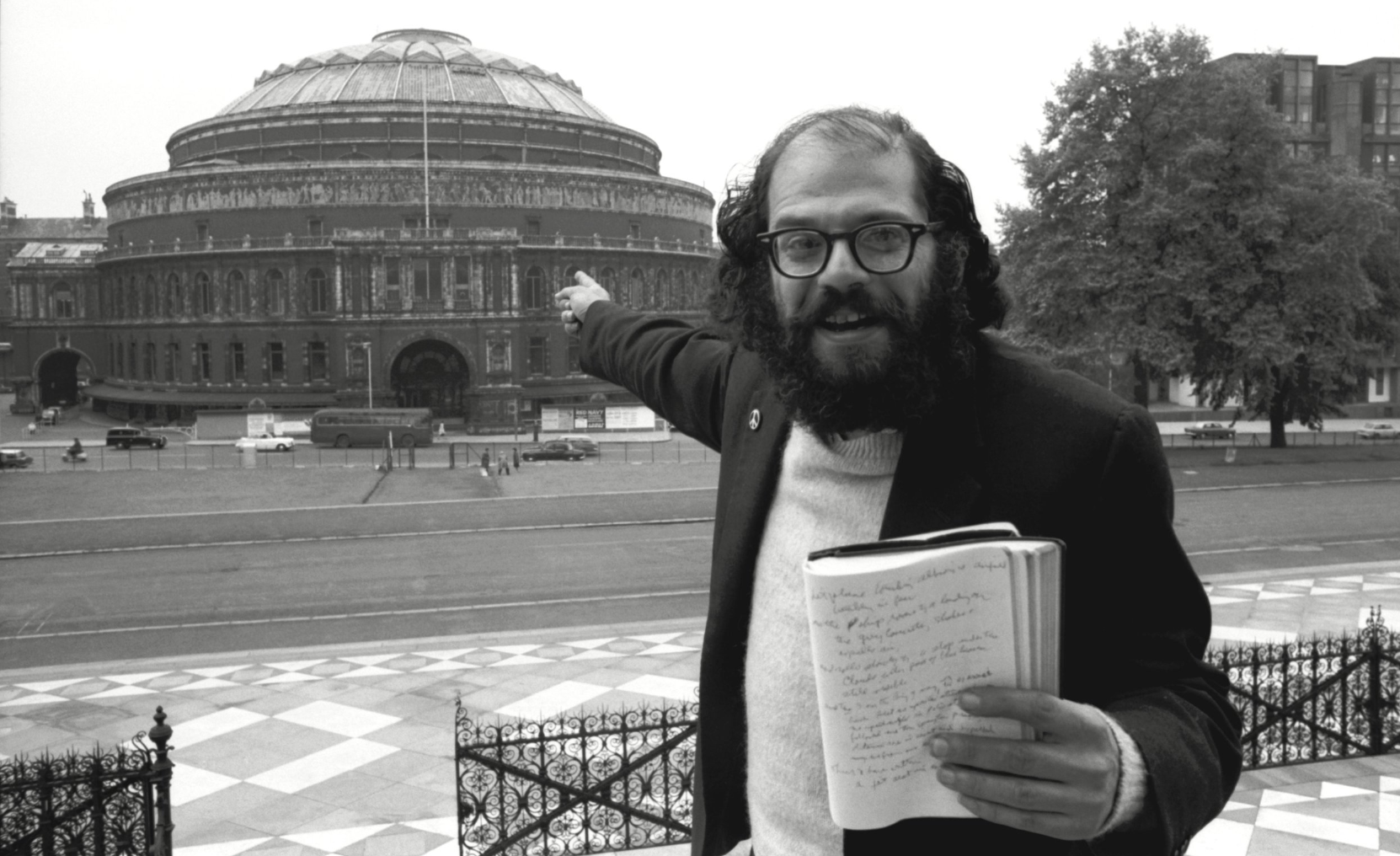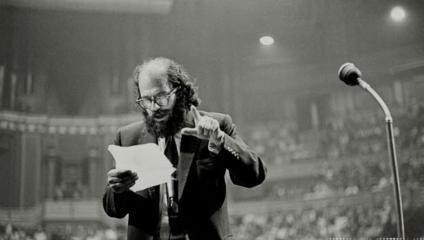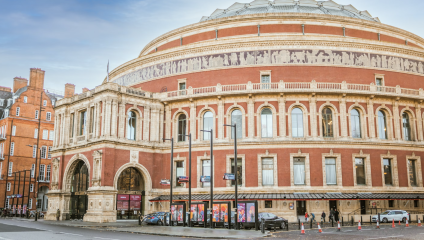Interview with Stephen Coates of Allen Ginsberg in London
Allen Ginsberg, a central figure in British counterculture is the focus of this London exhibition. Organised by Stephen Coates of The Bureau of Lost Culture, the exhibition aims to highlight the beat poet's legacy and friendships including Barry Miles which shaped cultural movements including the Summer of Love in 1967...

Hi Stephen, do you remember when you first came across the world work of Alan Ginsberg?
Well, yeah, I do! I came across Allen Ginsberg along with the other beat writers, Jack Kerawak, William Burrows, et cetera, when I was a teenager. And I was very inspired, particularly by Kerouac at that time. I remember reading Howell, which was a Ginsberg poem and being absolutely blown away but baffled by it... It just seemed (for somebody from Lancashire) like a completely different world, the world of America in the 1950s.
What is the overarching intentional theme with the exhibition?
Yeah, so Allen Ginsberg came to London in 1965, and gave a poetry reading at Better Books, a bookshop on Charing Cross Road. Behind the counter was Barry Miles. That reading created such a stir that as a consequence they decided to have a huge poetry event which took place at the Royal Albert Hall: The Poetry Incarnation. 5,000 people attended. And it seems that event was a major trigger in the subsequent Summer of Love of 67 and rise of British counterculture. So Ginsberg really was pivotal in triggering that massive cultural revolution! So we just wanted to remember that, to remark upon it. And also Barry Miles, who's the guy behind the counter, who of course, became a counter-cultural writer and a biographer of Ginsberg and very good friends.
And so the exhibition itself is really a story of their friendship too, about Allen's times in London with Miles. And we're hoping to achieve a new counterculture, a third Summer of Love. That's just to make a gesture towards that possibility!

Ginsberg in London involves a section of performances: how did you decide who'd like to involve in the project?
Well, obviously Barry Miles is very much involved. He created the little exhibition and also he was in two of the events that we had. There was also a book launch, there was also a concert and a reading of Howell with various poets. Ian Sinclair, a London writer, was there because he made a film of Owen in London in 1967. We showed that film, Ah Sunflower, and he and Miles were in conversation.
We also had an event when Ian was back to talk about William Blake, the great London poet and the influence upon Ginsberg. So it's really just to kind of cement those things, cement the original 65 and 67 events and to remark upon Alan's contact with our own William Blake. You can't get more London than Blake!
Lastly, we also had a performance by Youth, the music producer who has just produced an album, Iron Horse, which is inspired by the Ginsberg poem Iron Horse. So it's counterculture and Ginsberg going into the future.

For those looking to see London through Ginsberg's eyes, where can Londoners head to in 2024?
Well, obviously go to The Horse Hospital if you can, through the end of this month because you can see this exhibition! which is showing till the end of March. Well, the most significant one in some ways, of course, is the Royal Albert Hall because that's where the big event was in 65.
Also, The Roundhouse, another round building, but this time in Camden, which is now a quite posh venue, but at the time was very countercultural and was in a state of some decay. It was a railway repair shed at the time. But in 67, the Dialectics of the Congress of Liberation was held there with Alan. Another major countercultural moment.
Allen himself actually often stayed with Miles in Fitzrovia, the bookshop, Better Books and then later Indica. Sadly, these are long gone so you can't really visit those anymore. But Allen did love London and of course he went to visit Blake's grave over in Bunhill Fields off City Road. I recommend that for any poet, any fan of the deep countercultural art.
What is the legacy of Ginsberg's voice?
Well, Ginsberg's voice appears on two new albums by various musicians, including Youth, Sonic Youth, Yola Tengo and Devendra Banhart; all sorts of other people!
He still inspires lots of musicians, and lots of those recordings use tape recordings of Allen's voice made by Barry Miles. His words still seem to be a major inspiration and setting off point for musicians of all styles and flavors. There is something about Alan's performance of his own poetry, or even, say, the poetry of Blake, which has a kind of powerful meter, which still, I find communicates across the decades. So I think his voice will hopefully carry on being listened to and enjoyed for many years to come. Thanks a lot!
Learn more about Ginsberg in London and Stephen's work at www.bureauoflostculture.com.